Ask AI on The Internet
Question: In Chapter 4, Brian and Derek decide to travel by river rather than staying in one place. What are the potential risks and rewards of this decision? Predict what might go wrong.
In Chapter 4 of many adventure narratives where characters like Brian and Derek decide to travel by river instead of staying in one place, several potential risks and rewards can be considered. Here’s a detailed look at both: ### Potential Risks: 1. **Unpredictable Water Conditions:** Rivers can have strong currents, rapids, or waterfalls that might be difficult to navigate or pose threats to their safety. 2. **Wildlife Encounters:** Traveling by river may bring them into contact with potentially dangerous wildlife, such as alligators, snakes, or aggressive fish. 3. **Weather Changes:** Sudden storms or changes in weather could make the river treacherous and increase the risk of capsizing. 4. **Injury and Fatigue:** The physical demands of paddling or navigating a river can lead to exhaustion, dehydration, or injury. 5. **Loss of Supplies:** There is a higher risk of losing supplies if their canoe or raft tips over, leaving them without essential resources like food, water, or tools. 6. **Getting Lost:** Rivers can branch off into multiple streams or flow into unfamiliar territory, making it easy to lose their bearings. ### Potential Rewards: 1. **Faster Travel:** Traveling by river may allow them to cover more distance in a shorter amount of time compared to traveling on foot. 2. **Access to Resources:** Rivers can provide a steady supply of water and opportunities for fishing, which might be harder to come by if they stayed in one place. 3. **Escape from Predators:** Being on the move can help them stay ahead of any land-based predators that might be tracking them. 4. **Exploration and Discovery:** Moving along the river may lead to finding new places that offer better shelter or more abundant resources. 5. **Improved Morale:** The decision to travel and explore can boost their spirits by giving them a sense of purpose and progress. ### What Might Go Wrong: Based on common themes in survival stories, here are some possible scenarios where things might go wrong: 1. **Capsizing:** The current could tip their canoe or raft over, causing them to lose supplies and potentially struggle to swim to safety. 2. **Unexpected Rapids:** They might encounter rapids that are too difficult to navigate, leading to accidents or injuries. 3. **Separation:** One of them might fall into the water and get separated from the other, leading to a dangerous situation where they have to find each other while dealing with the elements. 4. **Injury:** One of them could get hurt either by falling, being hit by debris, or during an encounter with wildlife. 5. **Equipment Failure:** Their canoe or raft could get damaged, leaving them stranded and needing to make repairs or find another way to continue their journey. Considering the above factors, while the decision to travel by river introduces certain risks, it also provides opportunities that could enhance their chances of survival. The unpredictability of nature, however, means they need to remain vigilant and prepared for unforeseen challenges.
Think your answer is better than the AI's? Post it below.
Question Tags
If you want your question answered by an AI, click here.
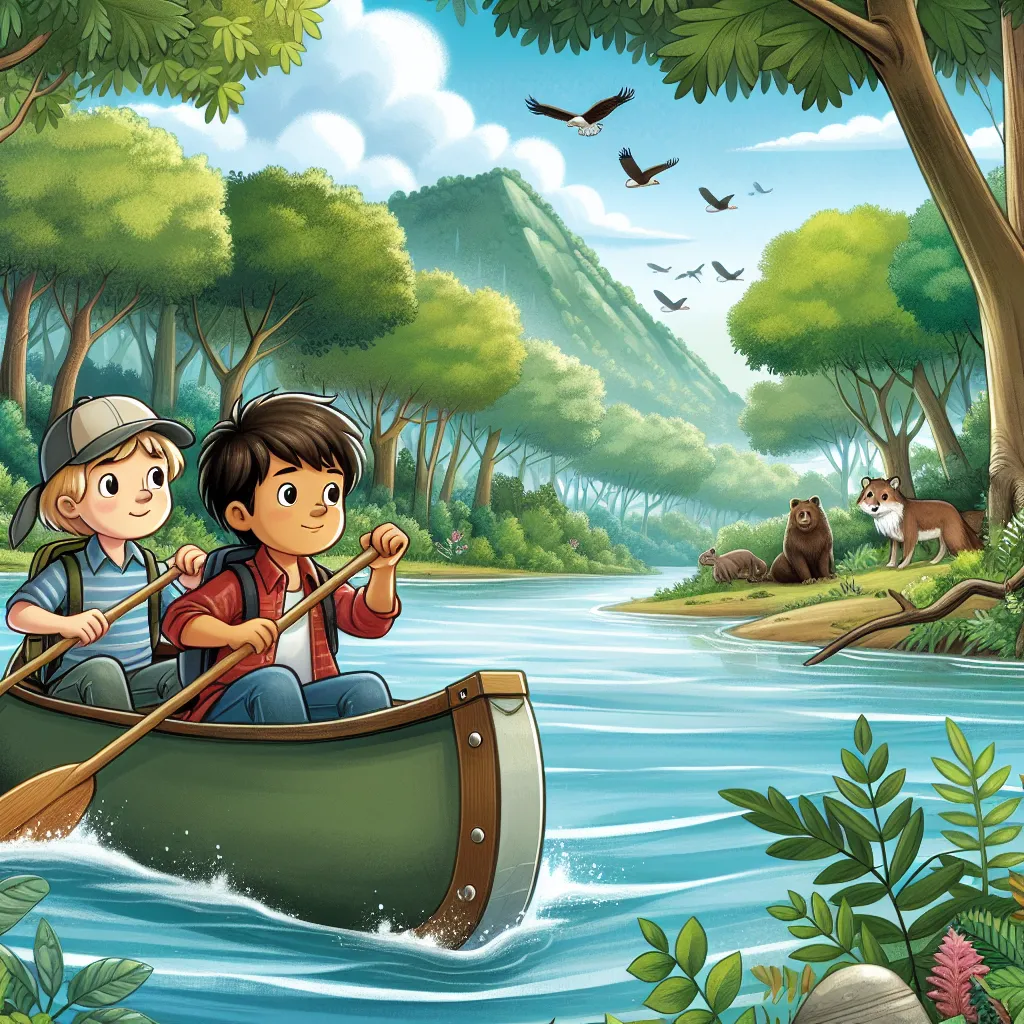
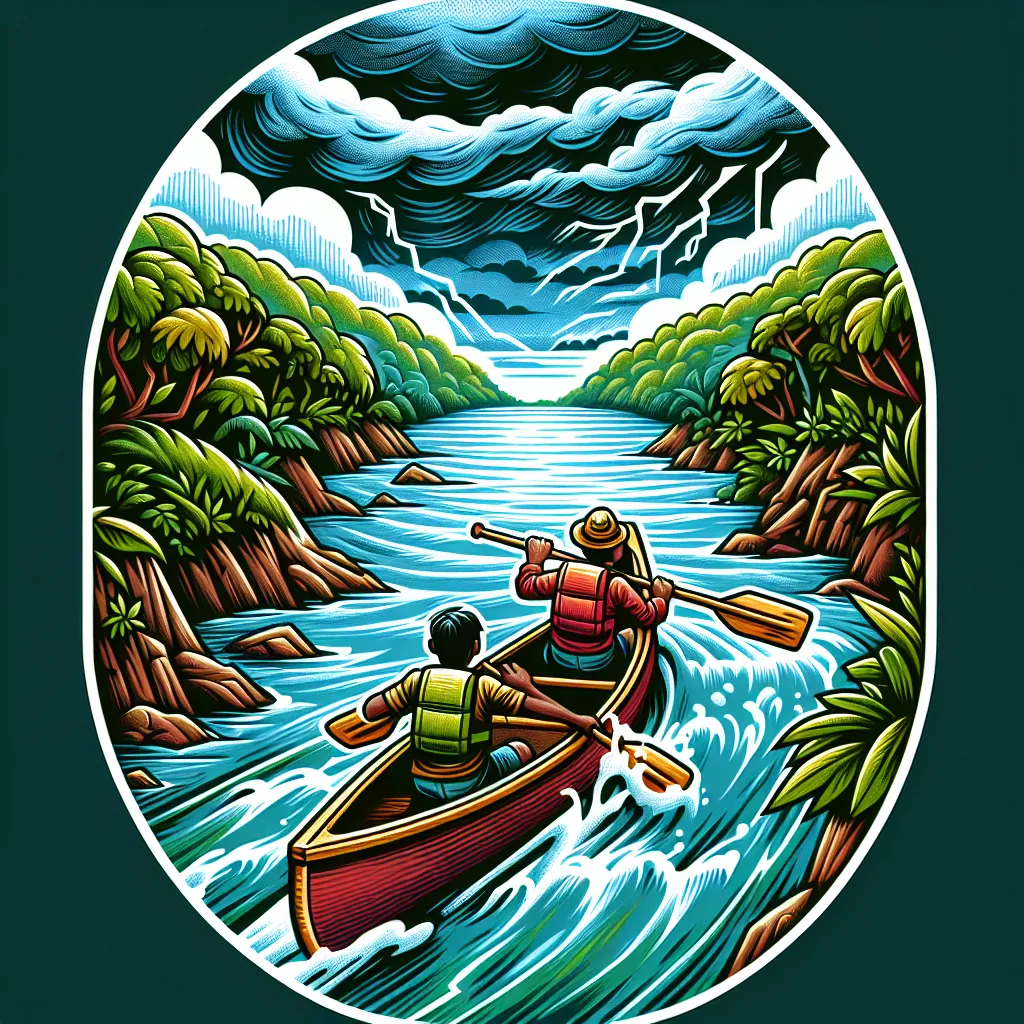
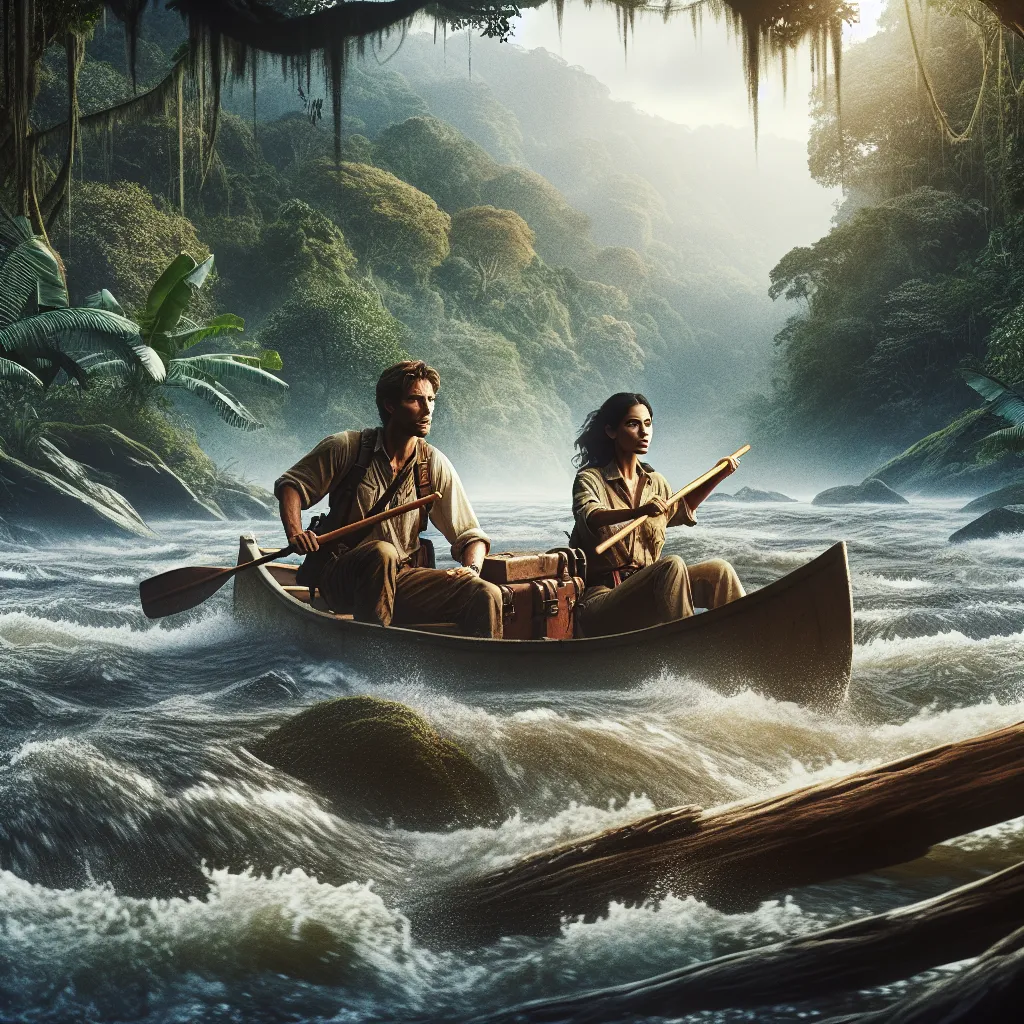

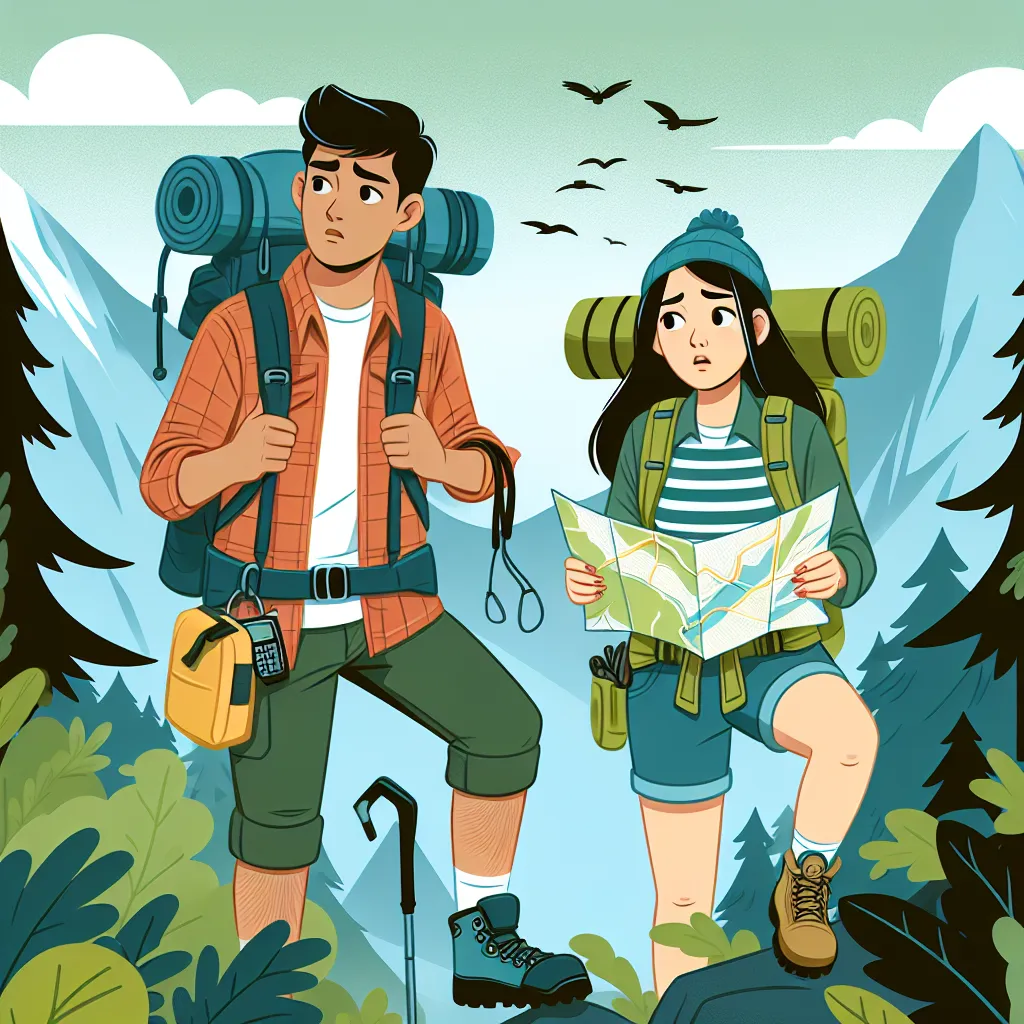
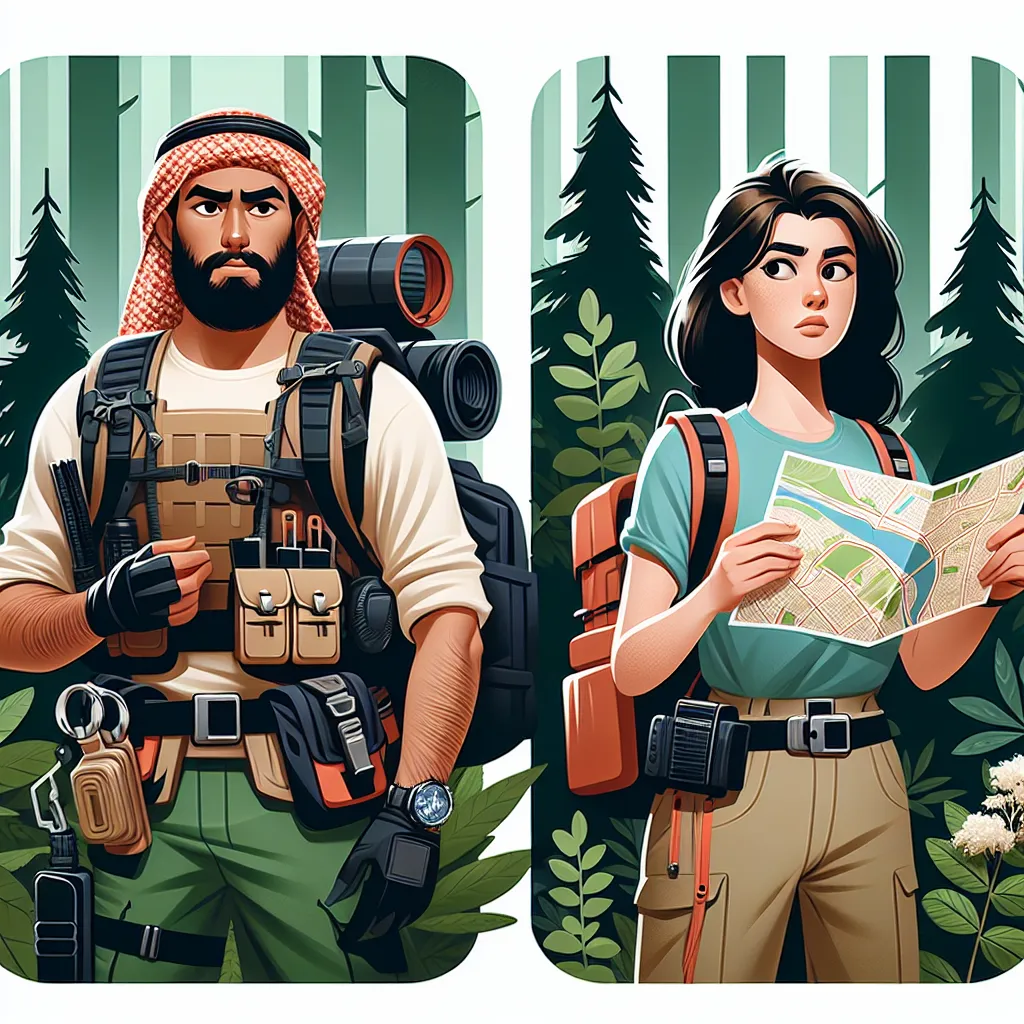
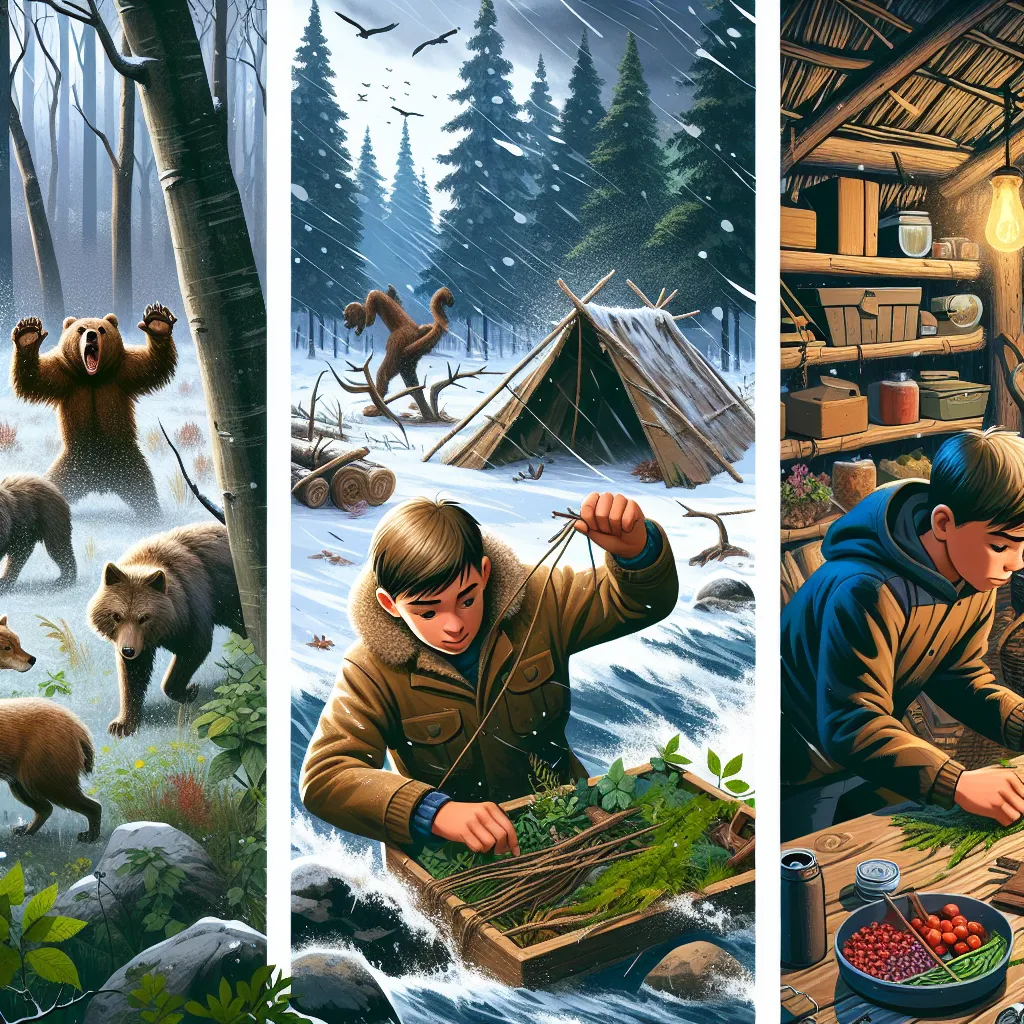
Post your own comment: